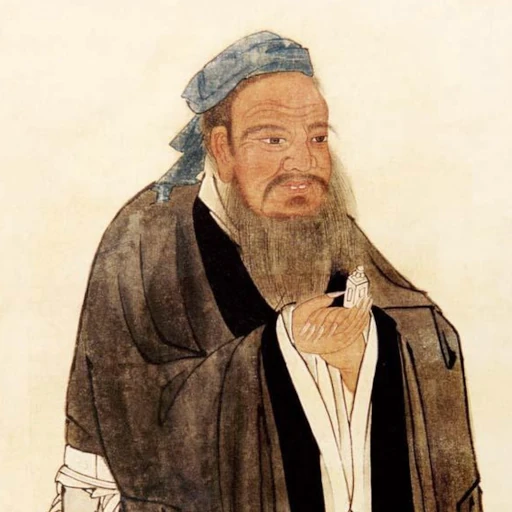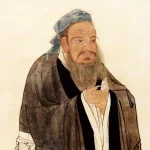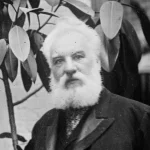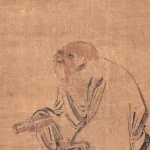“When you know a thing, to hold that you know it, and when you do not know a thing, to allow that you do not know it – this is knowledge.”

- 551 BC – 479 BC
- Han ethnicity
- Philosopher, educator, politician
- Known as the founder of Confucianism, he had a major impact on Chinese culture and the whole of East Asia through his teachings on ethics, morality, and politics.
table of contents
Quote
“When you know a thing, to hold that you know it, and when you do not know a thing, to allow that you do not know it – this is knowledge.”
Explanation
In this saying, Confucius emphasizes the essence of true wisdom: acknowledging one’s knowledge while also admitting when one does not know something. This principle is a cornerstone of humility and honesty in learning, which Confucius advocated for as essential virtues in ancient China. By recognizing what we don’t know, we open ourselves up to continuous learning and growth.
In today’s world, this idea is especially relevant. In a society often driven by appearances and perceived expertise, admitting a lack of knowledge can sometimes be challenging. However, those who practice this openness foster trust and create an environment for constructive dialogue and learning. For instance, in professional settings, a leader who acknowledges their knowledge gaps can inspire collaboration and innovative solutions, as team members feel encouraged to share their insights and expertise.
This quote serves as a reminder that wisdom is not about knowing everything but about understanding one’s limitations and seeking knowledge to bridge those gaps. It champions an approach to knowledge that values authenticity and growth over pride and pretense.



